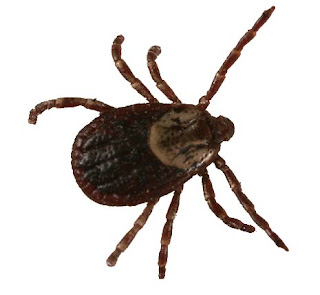Winter Concerns
Tips to keep your pet healthy and safe this Winter
Just like us, our pet's skin can also suffer from the extreme changes in temperature associated with the Winter season. Towel dry your snow covered pets and make sure to remove any snow balls from between their toes. Dry flakey itchy skin and irritated pads are not the only issues our pet's can have with the decreasing temperatures.
Road Salt: This chemical compound can irritate your pets’ paws and when ingested can cause burns to their mouth and tongue. Long haired dogs can also bring these chemicals into your house on their fur as well.
Antifreeze: Antifreeze is toxic to cats and dogs and can be found in your garage and on your driveway, among other places. Poisoning can occur with only a few licks, so make sure that you clean up any spills completely.
Grooming: Appropriately groom your pet's during the winter months and do not clip them too short. If they have a bath make sure they are completely dry before going outside.
Keep bathing to a minimum, as too much washing can strip the natural oils from the skin and coat. When baths are required use a moisturizing shampoo and/or rinse.
When your pet goes outside massaging paw protectants can protect your pet's paws from salt and chemical irritations.
Keeping Warm: During the winter, outdoor cats sometimes sleep under the hood of the car. When the motor is started your pet may be injured. Bang loudly on the car hood before starting your car.
Consider a jacket or a sweater when your dog goes outside. Don’t assume that just because our dogs have fur coats that they can stay outside - most can’t.
If is too cold outside for you, it is probably too cold for your pet. If left outside pet's can freeze become disoriented, lost injured or worse.
Do not leave your pets in the car during the cold weather. Cars can get cold and your pet is not able to warm themselves.
Just like us, our pet's skin can also suffer from the extreme changes in temperature associated with the Winter season. Towel dry your snow covered pets and make sure to remove any snow balls from between their toes. Dry flakey itchy skin and irritated pads are not the only issues our pet's can have with the decreasing temperatures.
 |
| Fun Catching Snowballs |
Antifreeze: Antifreeze is toxic to cats and dogs and can be found in your garage and on your driveway, among other places. Poisoning can occur with only a few licks, so make sure that you clean up any spills completely.
Grooming: Appropriately groom your pet's during the winter months and do not clip them too short. If they have a bath make sure they are completely dry before going outside.
Keep bathing to a minimum, as too much washing can strip the natural oils from the skin and coat. When baths are required use a moisturizing shampoo and/or rinse.
When your pet goes outside massaging paw protectants can protect your pet's paws from salt and chemical irritations.
Keeping Warm: During the winter, outdoor cats sometimes sleep under the hood of the car. When the motor is started your pet may be injured. Bang loudly on the car hood before starting your car.
Consider a jacket or a sweater when your dog goes outside. Don’t assume that just because our dogs have fur coats that they can stay outside - most can’t.
If is too cold outside for you, it is probably too cold for your pet. If left outside pet's can freeze become disoriented, lost injured or worse.
 |
| 176 River Road Andover, MA 01810 www.riverroadveterinaryhospital.com |
Do not leave your pets in the car during the cold weather. Cars can get cold and your pet is not able to warm themselves.










